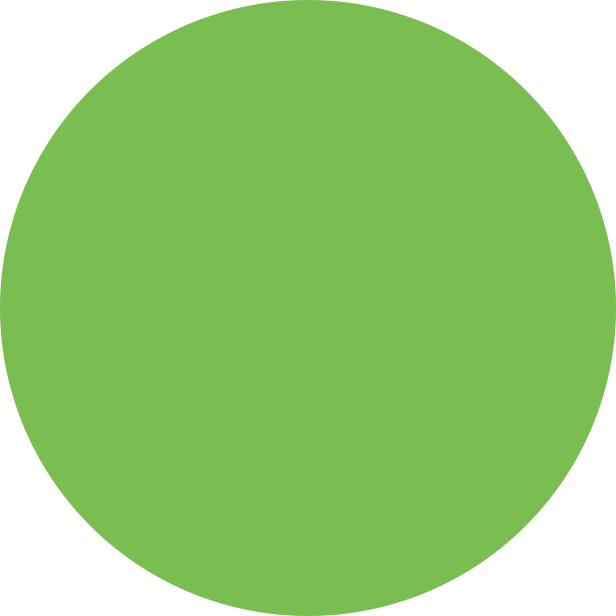Our curriculum covers everything you need to get become a skilled software engineer & get placed at top tech companies. Problem-solving in DS & Algo, CS Fundamentals, System Design, and Full Stack Specialization is covered in a comprehensive manner.






The Advanced AR/VR Development Upskilling course is designed for experienced developers and designers looking to advance their skills in creating immersive augmented reality (AR) and virtual reality (VR) experiences. Through a series of specialized modules, students will deepen their understanding of advanced programming techniques, interaction design principles, content creation pipelines, and deployment strategies tailored for AR/VR development. By mastering these advanced concepts and techniques through hands-on projects and practical exercises, students will be equipped to design, develop, and deploy cutting-edge AR/VR applications that push the boundaries of immersive technology and deliver compelling user experiences.
Learn the basics of Augmented Reality (AR) and Virtual Reality (VR) technologies, including their applications, differences, and potential impact on various industries.
Dive into the world of 3D modeling and design, covering essential concepts, tools, and techniques used in creating immersive AR/VR experiences.
Explore the Unity3D game engine and its features tailored for AR/VR development, including scene setup, asset importing, and basic scripting.
Learn how to design and build immersive virtual environments using Unity3D, focusing on factors such as spatial layout, lighting, and audio.
Delve into ARKit (for iOS) and ARCore (for Android) development platforms, understanding their capabilities and integrating them into AR applications.
Master the art of creating interactive AR experiences, incorporating features like gesture recognition, object tracking, and spatial mapping.
Gain hands-on experience with VR hardware platforms like Oculus Rift and HTC Vive, and learn to develop VR applications using Unity3D.
Understand the principles of designing effective UI/UX for AR/VR applications, considering factors such as user interaction, feedback, and comfort.
Explore techniques for optimizing performance and minimizing latency in AR/VR applications, ensuring smooth and immersive user experiences.
Learn the process of deploying AR/VR applications to various platforms, including mobile devices, desktops, and dedicated VR headsets, and understand considerations for distribution and updates.
Resume Creation
LinkedIn Profile Optimization
Profile creation on other platforms
Understanding your weak points
Have Problem solving & System design interviews
On-demand company-specific interviews
Opportunities in 100+ Partner Tech Companies
Referral to almost all top product companies
Sharing hiring opportunities of different companies
Structured Curriculum
designed by industry experts
Our curriculum covers everything you need to get become a skilled software engineer & get placed at top tech companies. Problem-solving in DS & Algo, CS Fundamentals, System Design, and Full Stack Specialization is covered in a comprehensive manner.
Live classes by instructors
working in top tech companies
This is an active learning classroom program.
You will have 4 classes each week divided into:
1. Concept-building Sessions: Focused on building strong concepts of problem-solving patterns.
2. Implementation Labs: Solving multiple DS & Algo problems to enhance problem-solving intuitions.
Daily hand-picked problems &
weekly contests
It is important you stay consistent & solve problems daily. To enable this, you will get assignments & homework questions after each lecture to practice & implement concepts taught in classes.
Master System Design (HLD + LLD)
with case studies
System Design (both HLD + LLD) is an important aspect of interviews with working professionals. That is why we cover System Design in 9 weeks in a detailed manner. You also do 1:1 discussions with experts, and multiple case studies in live classes & understand the tradeoffs of designing a system.
Regular 1:1 Mentorship sessions
& Mock Interviews
You are assigned a personal mentor currently working in companies like Google, Amazon, and Microsoft for the entire course duration. They help you in:
1. Mock Interview
2. Right Guidance
3. Detailed Feedback on your performance
Highly motivated peer community
to learn and grow
You are part of a thriving & growing community of colleagues who have the same ambition as you. Together, you learn & grow with your colleagues. You solve other people's problems & they solve your problems. Also, interact with industry leaders through our community sessions.
Career paths provide the essential training to launch a new career. Curated by our team of experts, these paths encompass a series of courses, hands-on projects, technical interview preparation, and more. By the end of the program, you'll be well-prepared to begin interviewing for entry-level positions in your chosen field.
An AR/VR Engineering Program is a specialized course designed to teach students the skills required to develop augmented reality (AR) and virtual reality (VR) applications. The program covers a range of topics including 3D modeling, programming, user experience (UX) design, and the use of AR/VR development platforms like Unity and Unreal Engine.
This program is ideal for individuals looking to start a career in AR/VR development, software developers who want to expand their skills into immersive technologies, designers interested in creating interactive experiences, and anyone passionate about the future of digital interaction.
Students will learn 3D modeling and animation, programming languages such as C# and C++, development using platforms like Unity and Unreal Engine, user experience (UX) and user interface (UI) design for immersive environments, and how to deploy AR/VR applications across various devices.
The duration of the program varies depending on the format. Intensive bootcamps may last 12-16 weeks, while part-time or self-paced programs could extend to 6-12 months. The specific length depends on the curriculum and the student's pace.
While some programs may require basic knowledge of programming and 3D modeling, many are designed for beginners. It's important to check the specific prerequisites of the program you're interested in. Prior experience in software development or graphic design can be helpful but is not always necessary.
Yes, reputable AR/VR programs often include career support services such as portfolio building, resume workshops, interview preparation, and job placement assistance. Graduates are typically well-prepared to pursue roles such as AR/VR Developer, 3D Artist, UX/UI Designer for immersive experiences, or Technical Artist. Programs with strong industry connections and successful alumni can greatly enhance job prospects.
